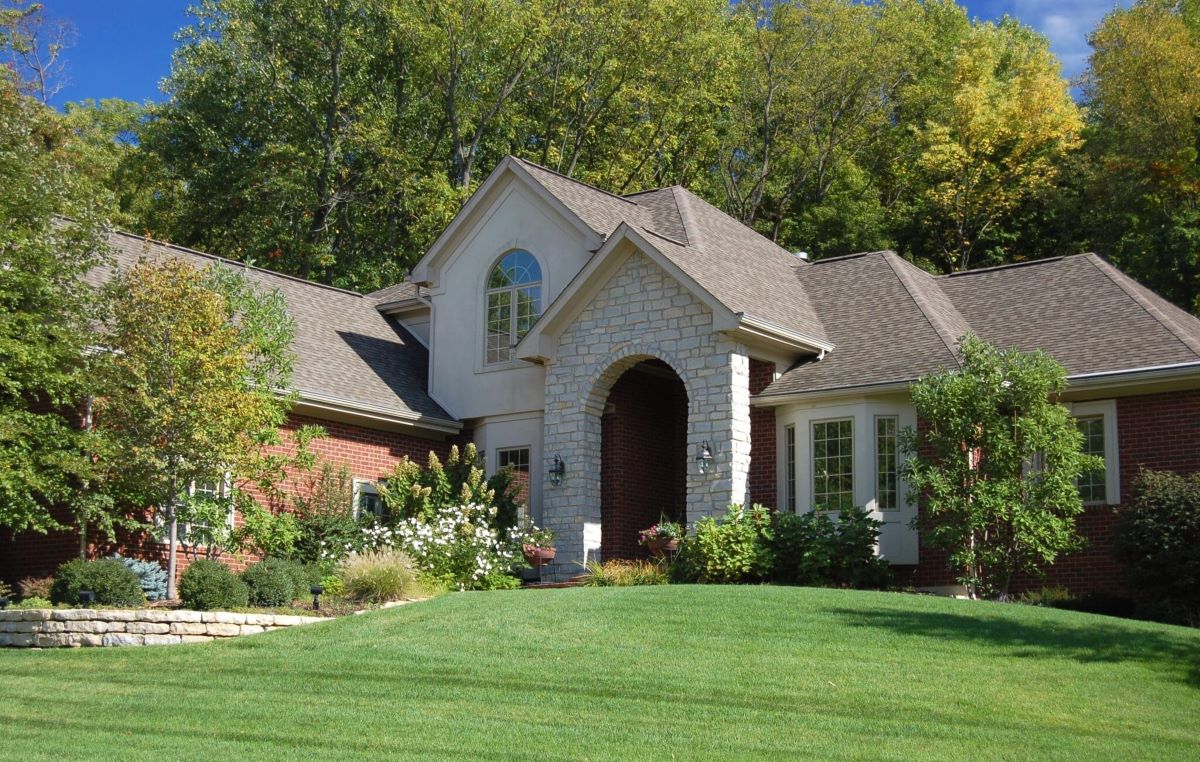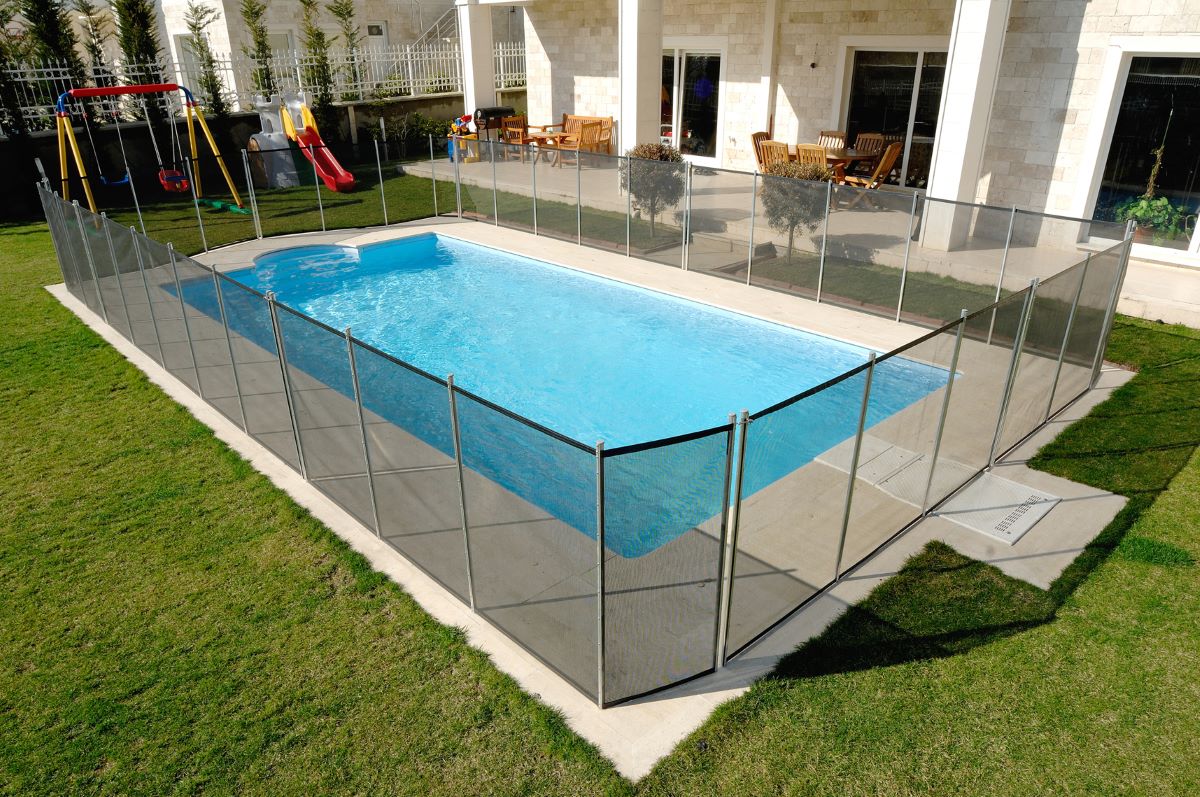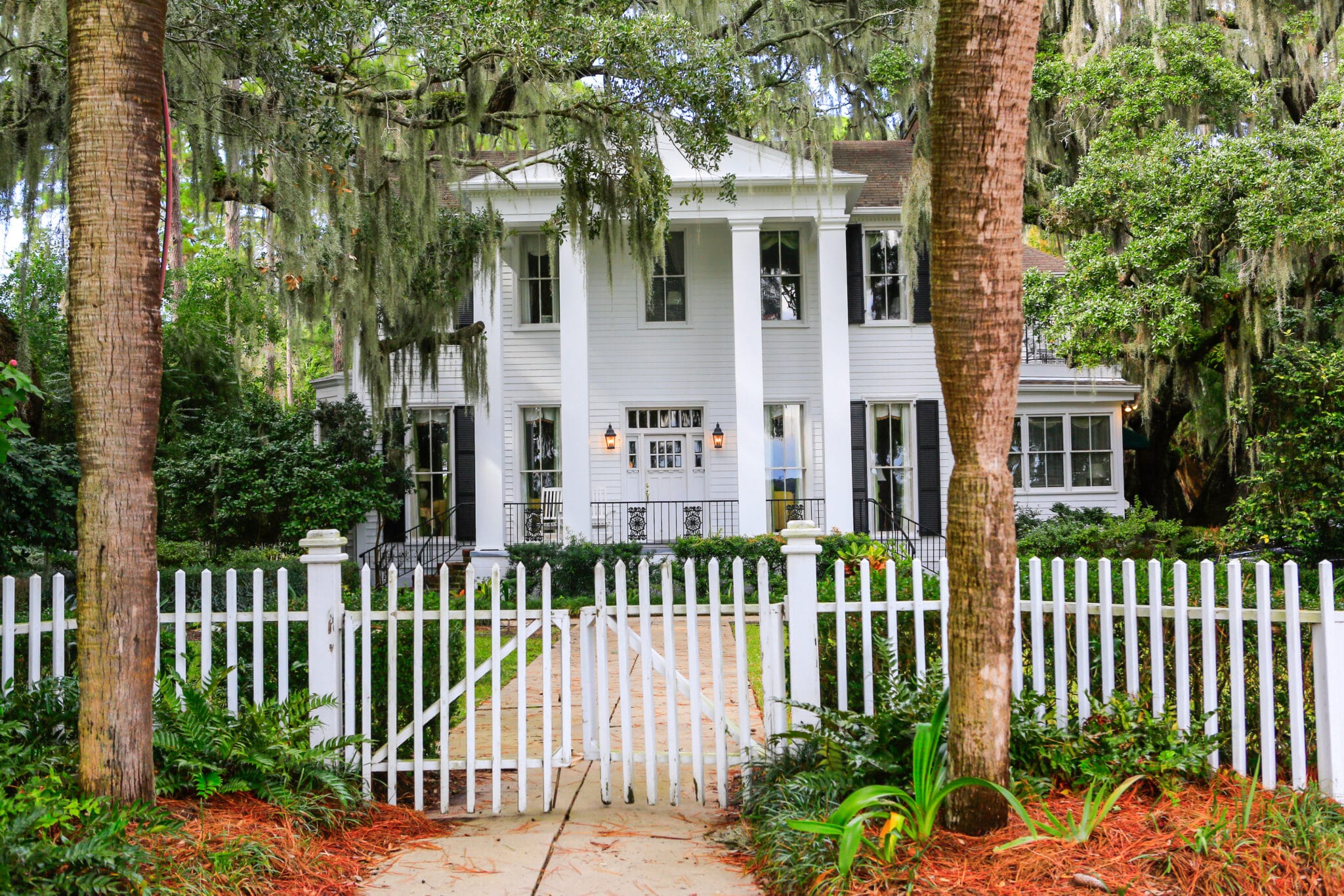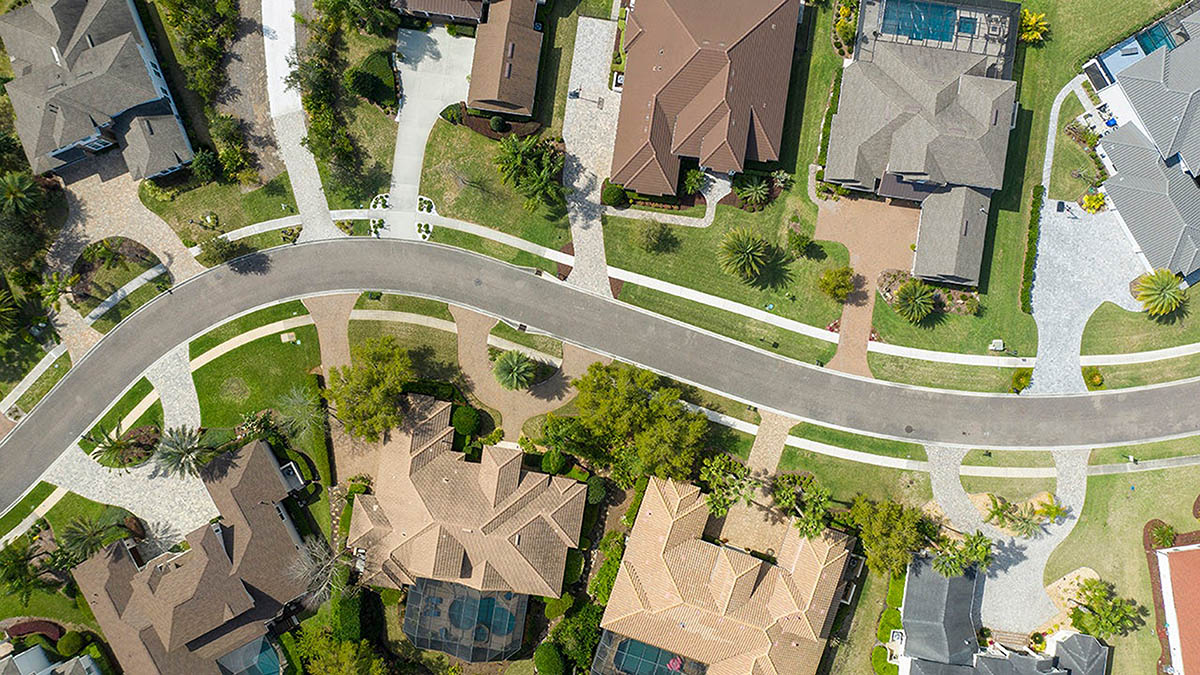Home>Finance>How Much Does Homeowners Insurance Cost With A Pool
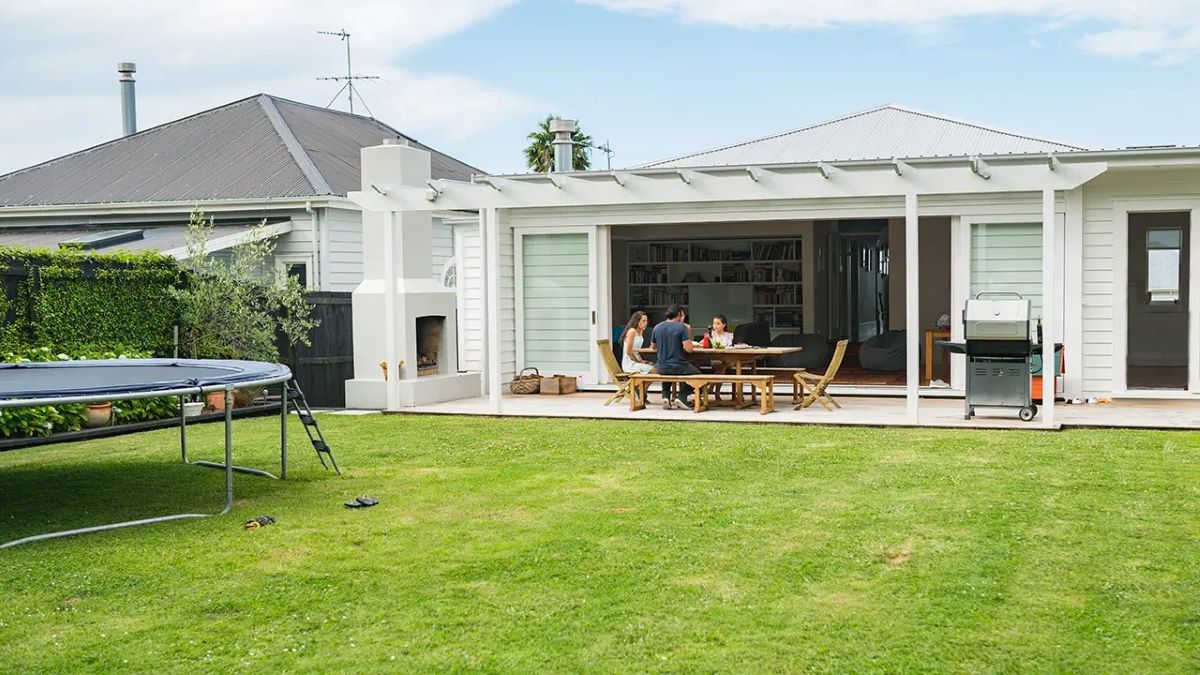

Finance
How Much Does Homeowners Insurance Cost With A Pool
Published: November 13, 2023
Find out how adding a pool to your property affects homeowners insurance costs. Get valuable insights and save money on your finance concerns.
(Many of the links in this article redirect to a specific reviewed product. Your purchase of these products through affiliate links helps to generate commission for LiveWell, at no extra cost. Learn more)
Table of Contents
Introduction
Swimming pools are a popular addition to many homes, providing a refreshing oasis and a source of entertainment for family and friends. However, along with the joys of owning a pool, there are some practical considerations to keep in mind. One of these considerations is the impact a pool can have on your homeowners insurance premiums.
Homeowners insurance is designed to protect your home and personal belongings in the event of damage or theft. When you have a pool, insurers may view it as an increased liability, leading to potential adjustments in your insurance coverage and premium rates. Understanding the factors that affect the cost of homeowners insurance with a pool can help you make an informed decision when it comes to protecting your investment.
In this article, we will explore the various factors that insurers consider when determining the cost of homeowners insurance for properties with pools. Additionally, we will discuss the average cost of homeowners insurance with a pool, additional coverage options for pools, and ways to reduce your homeowners insurance costs while still enjoying the benefits of pool ownership.
Factors Affecting Homeowners Insurance Cost with a Pool
When it comes to determining the cost of homeowners insurance with a pool, several factors come into play. Insurance providers take these factors into account to assess the potential risks and liabilities associated with pool ownership. Here are some of the key factors that can affect your homeowners insurance costs:
- Pool Type: The type of pool you have can impact your insurance costs. In-ground pools are generally more expensive to insure than above-ground pools due to their higher value and potential for more extensive damage.
- Pool Size and Features: Larger pools or those equipped with additional features, such as diving boards, slides, or waterfalls, may lead to higher insurance premiums. These features can increase the risk of accidents and injuries, making your property a greater liability.
- Pool Safety Measures: Insurers will assess the safety measures you have in place to protect your pool, such as fences, gates, pool covers, and alarms. Properties with adequate safety features in compliance with local regulations may qualify for lower insurance rates.
- Location: The location of your property plays a significant role in insurance costs. If you live in an area prone to natural disasters like hurricanes or earthquakes, insurers may charge higher premiums to account for the increased risks and potential damage to your pool.
- Previous Claims: Your insurance history and any previous claims you have made can impact your premiums. If you have filed claims related to your pool in the past, insurance providers may view your property as a higher risk and adjust your rates accordingly.
- Liability Coverage: It’s crucial to have sufficient liability coverage in case someone is injured in or around your pool. The amount of liability coverage you choose can influence your homeowners insurance costs. Higher coverage limits typically result in higher premiums.
It’s important to note that each insurance company has its own underwriting guidelines and policies, so the impact of these factors on your insurance costs may vary from one provider to another. Working closely with an insurance agent who specializes in homeowners insurance with pools can help you navigate the process and find the coverage that suits your needs and budget.
Average Cost of Homeowners Insurance with a Pool
The cost of homeowners insurance with a pool can vary depending on several factors, including the ones mentioned earlier. While it’s challenging to provide an exact average cost due to the numerous variables involved, we can provide a general overview of what to expect.
On average, homeowners can expect to pay an additional 10% to 20% on their insurance premiums when they have a pool. This means that if your annual homeowners insurance premium is $1,000, you can expect to pay an extra $100 to $200 per year for pool coverage.
Keep in mind that this is just an estimate, and the actual cost may differ based on your specific circumstances. The cost can be higher or lower depending on factors such as your location, pool type and size, safety features, and liability coverage.
Additionally, it’s important to note that insurers will typically require you to have adequate liability coverage with a pool. This coverage protects you in the event of accidents or injuries that occur in or around your pool. The cost of liability coverage can contribute to the overall cost of homeowners insurance with a pool.
To get a more accurate idea of the cost, it’s recommended to reach out to reputable insurance providers in your area and request personalized quotes. They will take into account specific details about your property and pool to provide a more accurate estimate tailored to your needs.
Remember, while the cost of homeowners insurance with a pool may be an additional expense, it is essential to have adequate coverage to protect your investment and provide peace of mind.
Additional Coverage Options for Pools
When it comes to homeowners insurance with a pool, standard policies typically provide coverage for damage caused by specific perils, such as fire, vandalism, or theft. However, there are additional coverage options available specifically tailored to pools. These options can enhance your insurance coverage and provide better protection for your pool and related structures. Here are some additional coverage options to consider:
- Pool Structure Coverage: This coverage option protects the physical structure of your pool, including the pool itself, the deck, and any attached structures like a pool house or patio. It can cover repair or replacement costs in case of damage caused by covered perils.
- Pool Equipment Coverage: Pool equipment, such as pumps, filters, and heating systems, can be expensive to repair or replace. Pool equipment coverage provides protection against damage or theft of these essential components.
- Liability Umbrella Policy: An umbrella policy offers additional liability coverage beyond the limits of your standard homeowners insurance. This coverage can be helpful in case of a pool-related accident, providing higher liability limits and protecting your assets in the event of a lawsuit.
- Water Damage Coverage: While standard homeowners insurance covers water damage caused by a burst pipe or a leaking roof, it may not cover all types of water damage related to your pool. Water damage coverage specifically for pools can protect against issues such as pool leaks or overflows that can cause damage to your property.
- Increased Liability Coverage: Depending on the size of your pool and the number of people who use it, you may want to consider increasing your liability coverage. This can provide extra protection in case of pool-related accidents or injuries, ensuring you have adequate coverage to handle potential liability claims.
It’s essential to review your homeowners insurance policy and discuss your pool-related coverage needs with your insurance provider. They can help you understand the available options and recommend the right additional coverage to protect your pool investment.
Remember, every pool and property is unique, so it’s important to consider factors like the pool’s size, features, and location when determining the additional coverage that best suits your needs.
How to Reduce Homeowners Insurance Cost with a Pool
While owning a pool may lead to increased homeowners insurance costs, there are strategies you can employ to potentially reduce those expenses. Here are some tips to help lower your homeowners insurance costs with a pool:
- Install Safety Measures: Implementing safety measures around your pool can help reduce insurance premiums. Installing a fence, gates, pool covers, and alarms can demonstrate your commitment to safety, potentially reducing the risk of accidents and injuries.
- Maintain Proper Pool Maintenance: Regularly maintaining and caring for your pool can help mitigate risks and potential damage. Keeping your pool clean, well-maintained, and up to code can show insurers that you are actively minimizing the chances of accidents or costly repairs.
- Consider Increasing Deductibles: Increasing your deductibles is one way to lower your homeowners insurance premiums. However, keep in mind that this means you will be responsible for a higher out-of-pocket expense in case of a claim, so evaluate your financial situation before making this decision.
- Bundle Your Policies: Many insurance companies offer discounts if you bundle your homeowners insurance policy with other policies, such as auto or umbrella insurance. By bundling, you can potentially save on premiums for all your policies.
- Shop Around and Compare Quotes: Take the time to research and obtain quotes from multiple insurance providers. Each company may have different rates and coverage options, so comparing quotes can help you find the most affordable and suitable policy for your needs.
- Invest in Proper Liability Coverage: While it may seem counterintuitive, having adequate liability coverage can actually save you money in the long run. Sufficient coverage can help protect you financially in case of a pool-related accident or injury, potentially reducing the likelihood of high-cost liability claims.
By implementing these strategies and working with a knowledgeable insurance agent, you can potentially reduce your homeowners insurance costs while ensuring you have the necessary coverage to safeguard your pool and property.
Remember to regularly review your policy and reassess your needs to ensure that your coverage remains adequate and cost-effective. If you make any significant changes to your pool, such as adding new features or increasing its size, notify your insurance provider to update your policy accordingly.
Conclusion
When it comes to homeowners insurance with a pool, there are several factors to consider. Pools can add value and enjoyment to your property, but they can also increase your insurance costs due to the potential risks and liabilities they present. Understanding these factors and taking necessary precautions can help you manage your insurance expenses while protecting your pool investment.
Factors such as pool type, size, safety measures, location, and previous claims can influence the cost of homeowners insurance with a pool. It’s essential to work closely with an insurance agent who specializes in pool coverage to determine the best options for your specific situation.
While homeowners insurance with a pool may come with added costs, there are ways to potentially reduce those expenses. Installing safety measures, maintaining proper pool maintenance, and considering bundle deals or higher deductibles are just a few strategies to explore. Ensuring you have adequate liability coverage is also crucial for the financial protection of your pool and your assets.
Remember to regularly review your policy, assess your coverage needs, and shop around for quotes to ensure you have the most suitable and cost-effective insurance for your pool and property. By being proactive and informed, you can enjoy the benefits of pool ownership while managing your homeowners insurance costs.
